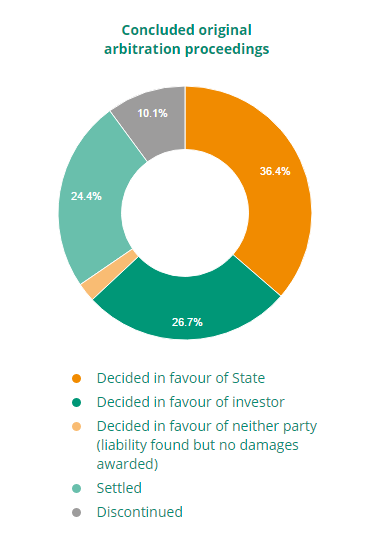
Dr. David Adamson, Senior Research fellow at The Centre for Global Food and Resources, shares his thoughts on plain packaging, Investor State Dispute Settlements (ISDS) and trade.
Recent developments to encourage economic integration via international agreements (these are not free trade deals) often include a clauses allowing for the ISDS process to be included.
For full details about ISDS (see here) but, in essence, it allows companies in one country to litigate against the government in another country if they introduce some legislation or regulation that may negatively impact on their business. These may include things like a:
- French company sued Egypt for increasing minimum wage;
- Swedish company sued of Germany’s plan to phase out nuclear power;
- Dutch company sued Czech Republic because they didn’t bail out a company that owned them money; and
- Philip Morris attempting to sue Uruguay to prevent changes to tobacco regulations
From that same website a total of 767 legal proceedings, 495 have been concluded, and if you look at the data in the UNCTAD chart, about 50% of the time the company has won or received some form of compensation in regards to an out of court settlement

Since 1 December 2012, all tobacco products in Australia must be sold with plain packaging. This packaging must include extensive health warnings about the danger of smoking. This policy rapidly gained attention by multinational tobacco companies and it has been targeted as an infringement of their rights (IP), etc.
Both ISDS and other remedies associated with challenging barriers to trade have been used against Australia’s plain packaging. The ISDS was used by Philip Morris Asia Limited via Australia’s bilateral agreement with Hong Kong but lost their case in 2015. In 2016, it was estimated that Australia spent over $50 million in this court case.
Well, the further good news is that it has been reported that the WTO will find in favour of Australia and that plain packaging is not an impediment to trade. This is another huge step in preventing the current estimated 15,000 Australians who die annually due to tobacco-related deaths and the $31.5 billion in associated health and economic costs.
Inevitably, Australia’s plain packaging stance will be challenged again, and every time other regulations are altered international companies will consider their opportunities for filing claims. Our policy makers need to be very careful if they continue to sign international agreements that aim to develop a level playing field. As I concluded in an article in 2016,
This post was orginally published on Dr Adamson’s blog, where you can read more about his research.

